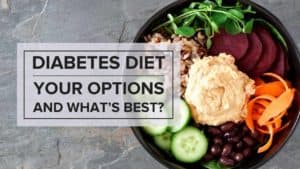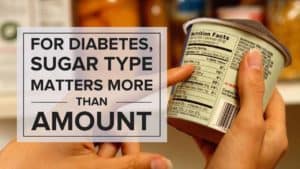Like Charlotte, many people find that when they eat almost no carbs their blood sugar is still high! Which is far from the glowing reviews that many advocates of keto give to this controversial diet.
In this article, we'll explain why this is, and break down the reasons why you should actually embrace natural carbs and eat a low-fat diet if you're working to reverse high blood sugar and insulin resistance.
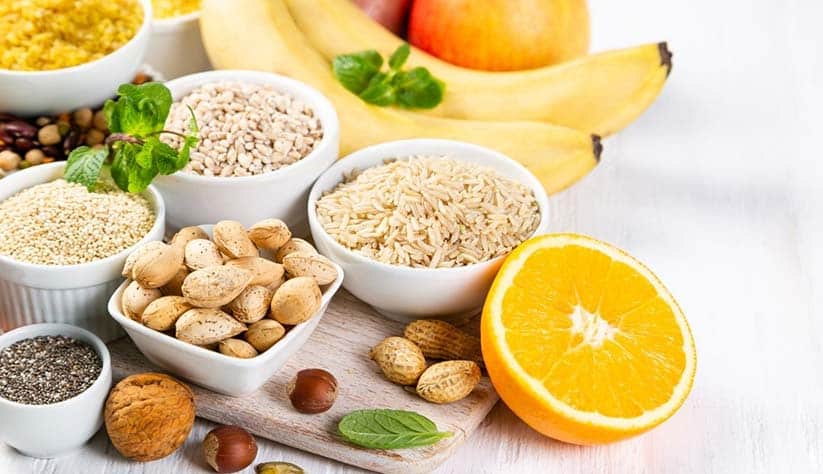
I Eat Almost No Carbs and My Blood Sugar Is Still High! Charlotte's Story
Meet Charlotte Faith.
Diagnosed with type 1 diabetes at the age of 14, Charlotte weighed only 83 pounds.
Even though she ate large amounts of food, she found herself ravenously hungry and began gaining weight rapidly. Only 1.5 years following her diagnosis, Charlotte gained about 70 pounds, weighing over 150 pounds.
Soon after, Charlotte embarked on a journey to lose weight and fully control type 1 diabetes, which involved eliminating heavily processed foods, eating a low-carbohydrate paleo diet, seeking out zero carb foods for diabetics, and monitoring her weight, net carbs, and insulin injections with laser focus to ensure she'd avoid any habits that would raise blood sugar levels.
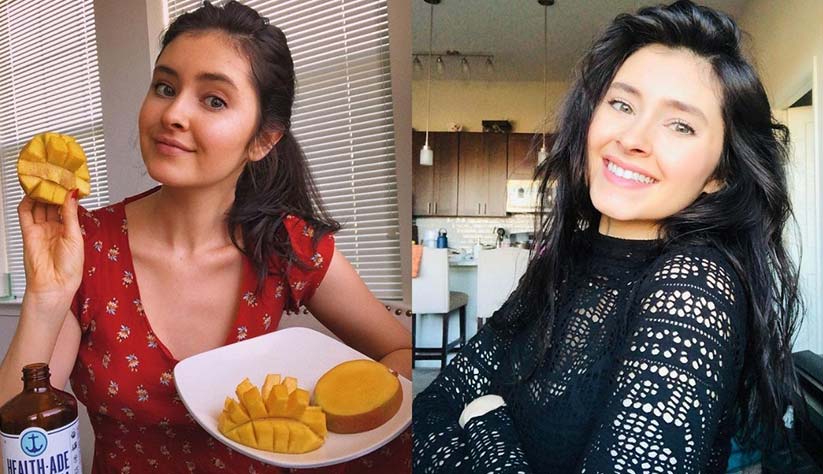
In combination with moderate exercise, Charlotte began losing weight. As a paleo food blogger, she made sugar-free, “low carb” treats to satisfy her cravings for carbohydrate-rich food and was able to lose about 32 pounds.
Charlotte limited her carbohydrate intake to no more than 50 grams per day, yet despite avoiding carbs in the morning, afternoon, and evening as a part of her diabetes diet, she still experienced high blood glucose values (over 300 mg/dL) after eating a banana or half a sweet potato.
She often complained to herself: “I eat almost no carbs and yet my blood sugar is still high! How is this possible?”
After all, she was following the advice she read to the T, aiming for a no-carb diet/zero-carb diet, and doing her best to answer the question, "can you live without carbs?" but nothing was working.
To make things worse, Charlotte developed hypothyroidism (a sluggish thyroid gland and low thyroid hormone production) and lost her period for 7 years.
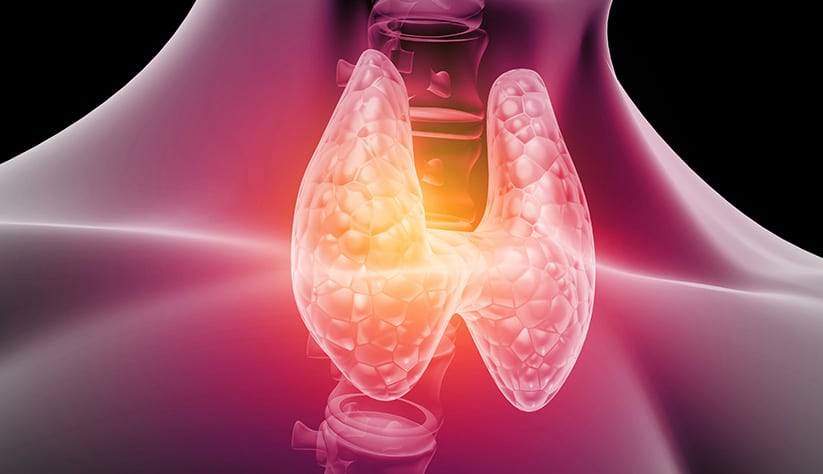
Charlotte's Challenge: Blood Glucose Control, Diet, and Amenorrhea
Women who suffer from insulin-dependent diabetes often also experience amenorrhea as a result of blood glucose dysregulation. An elevated A1c (consistently elevated blood sugar levels) is associated with amenorrhea in women with type 1 diabetes.
Better control over elevated blood glucose levels (preventing high and low blood sugar) corresponds with improved menstrual regulation among type 1 diabetes patients.
Research also shows that girls who are diagnosed with type 1 diabetes before puberty often experience their first period later than the expected age.

In addition, research indicates a correlation between low-carbohydrate diets and amenorrhea in women.
This evidence demonstrates that controlling blood glucose, lowering A1c, and increasing whole carbohydrate intake to get back to normal blood sugar readings may promote recovery from amenorrhea in women living with diabetes.
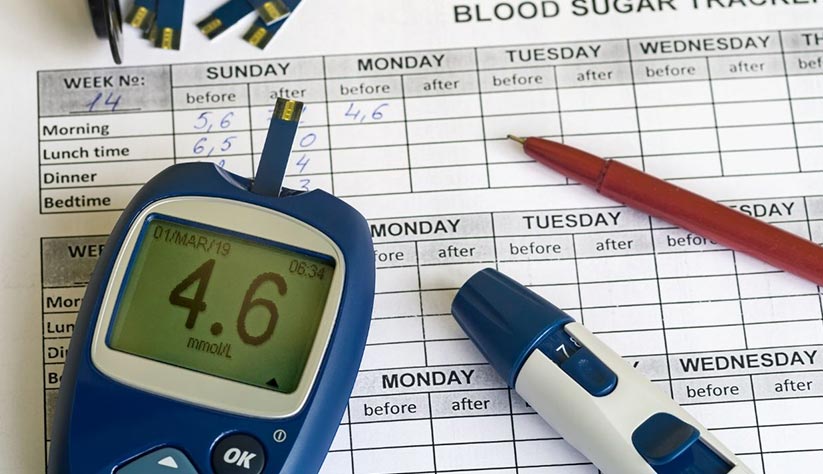
A Breakthrough Moment: Understanding Insulin Resistance
One day when Charlotte watched a video about reversing insulin resistance, she was introduced to the concept that a person with type 1 diabetes could eat a high-fruit (no restrictions on fruit intake) diet without experiencing blood glucose spikes.
But the mere fact that it seemed unbelievable was all the temptation she needed to try the Mastering Diabetes Method.
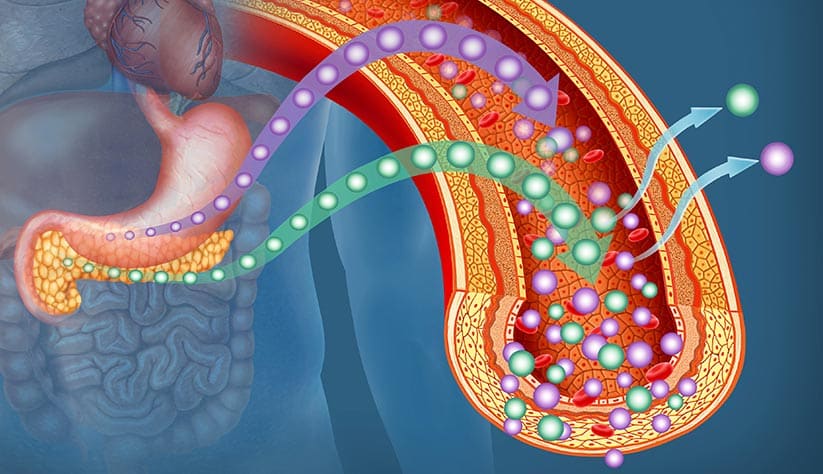
For breakfast, Charlotte began eating smoothie bowls containing bananas, spinach, zucchini, apples, and dates, and even things she'd feared before like cherries and cacao!
For lunch, she usually ate a large salad with beans or oil-free, air-fried potatoes. For dinner, she typically ate beans and rice (with any kind of beans!) or tacos followed by nice cream.
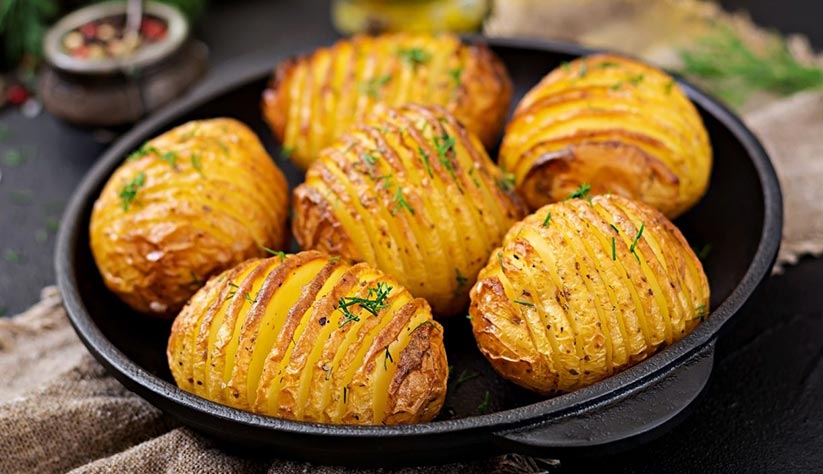
Charlotte’s Results
No longer in need of coffee for energy in the mornings, Charlotte began drinking hot tea in addition to a brisk run outdoors.
After switching to a low-fat, plant-based, whole-food diet, Charlotte now eats whole-carbohydrate-rich foods without experiencing dramatic blood glucose spikes, and doesn't have to worry about unpredictable spikes or carry emergency snacks to treat low blood sugar (low blood glucose). The return to normal blood sugar levels after years where every fasting blood sugar test was a nightmare... well that was priceless.
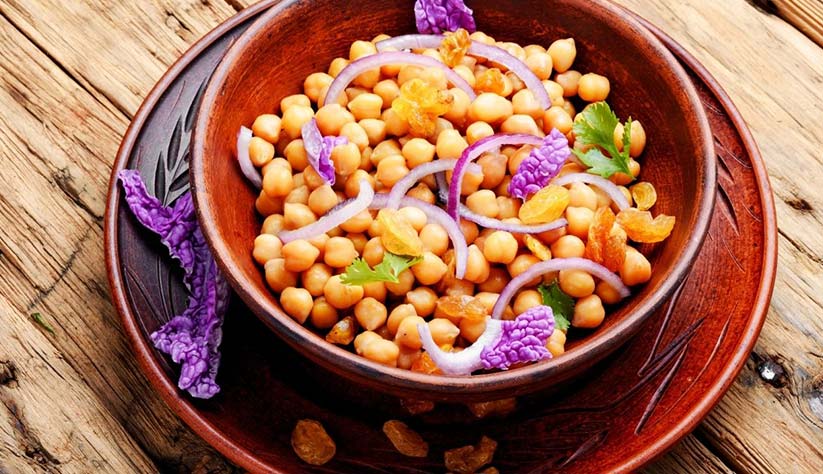
As you can see in the table below, Charlotte improved her mealtime carbohydrate-to-insulin from 4:1 to 12:1 without significant changes in body weight, demonstrating the power of the Mastering Diabetes Method to improve insulin sensitivity independent of weight loss.
Charlotte’s biomarkers are shown in the table below:
Biomarker | November 2018 | November 2019 |
|---|---|---|
Weight (lbs) | 118 | 116 |
HbA1c (%) | 7.5 | 6.1 |
Mealtime Carbohydrate-to-Insulin Ratio (g/U) | 4:1 | 12:1 |
Fasting BG | 140-200 | 70-120 |
Carbohydrate (grams per day) | 50-75 | 200-300 |
Triglycerides (mg/dL) | - | 37 |
Total Cholesterol (mg/dL) | - | 135 |
LDL Cholesterol (mg/dL) | - | 64 |
HDL Cholesterol (mg/dL) | - | 64 |
The results Charlotte has experienced following a plant-based lifestyle have inspired her to become a nutrition coach to help others struggling with similar issues.

So What Happened with Charlotte?
The confusion that Charlotte faced is one that a lot of people living with diabetes face as well! After switching to a low-carb diet and sticking to it nearly perfectly, she saw some progress when it came to weight loss, but that didn't mean that she was able to keep her blood sugar levels stable!
And in fact, her blood sugar levels were off the charts, and in addition to those blood sugar spikes, she experienced all of the many, many hormone imbalances we described above.
The problem wasn't that she wasn't dedicated. She documented her story, sought support, and made wholesale changes in her life, and in almost every way was a model example of taking action and transforming your life while living with diabetes.
But she didn't have the right information!

Misconceptions of the Ketogenic Diet and Diabetes
And one big problem here was the fact that she was following a paleo diet/low-carb diet/ ketogenic diet. In recent years many people have begun prescribing the keto diet and other low carb diets for people with diabetes, claiming that it's a healthy, balanced diet and citing the fact that people tend to see reduced blood glucose levels at first, along with other short-terms like benefits.
But the real problem comes later when any consumption of carbohydrates causes weight gain, a spike in blood sugar readings, and all sorts of hormone and mood problems.
This is because, even though low-carbohydrate diets can help reduce your blood glucose levels in the short term, they can be disastrous in the long term. We'll explain why in the next section.
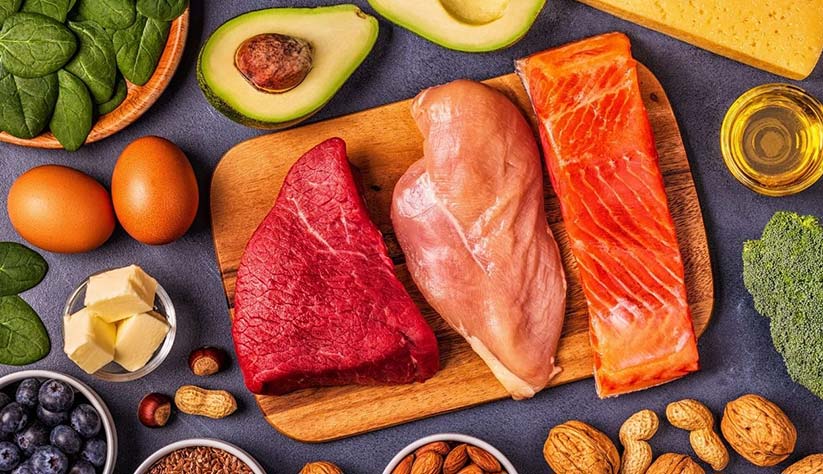
The Central Confusion Point: Isn't Glucose What I'm Trying to Avoid?
The main reason behind this problem is the way we talk about diabetes and your blood sugar. Most of the complications of diabetes are tied to elevated blood glucose (blood sugar), and how diabetes messes with your blood sugar balance (causing uncontrollable high and low blood sugar), which is why we tend to talk about diabetes in these terms.
We discuss the results of a fasting blood glucose test, we measure average blood sugar, and most diabetes medications are aimed at lowering these symptoms.
As a result, it does seem like a simple solution to simply remove glucose from your diet as much as possible. So people reduce their carb intake, go on a low carbohydrate diet, and focus on eating healthy fats and (in many cases) too much protein.

But what this solution crucially fails to address is insulin resistance, which is the true cause of high blood glucose numbers, and is exactly why individuals see high blood glucose on carnivore diet, keto diet, whichever low-carb diet you choose. Unfortunately, eating a low-carb diet just makes you more insulin resistant, despite the short term benefits, and this was exactly what was happening with Charlotte.
Insulin Resistance | The True Cause of High Blood Glucose Levels
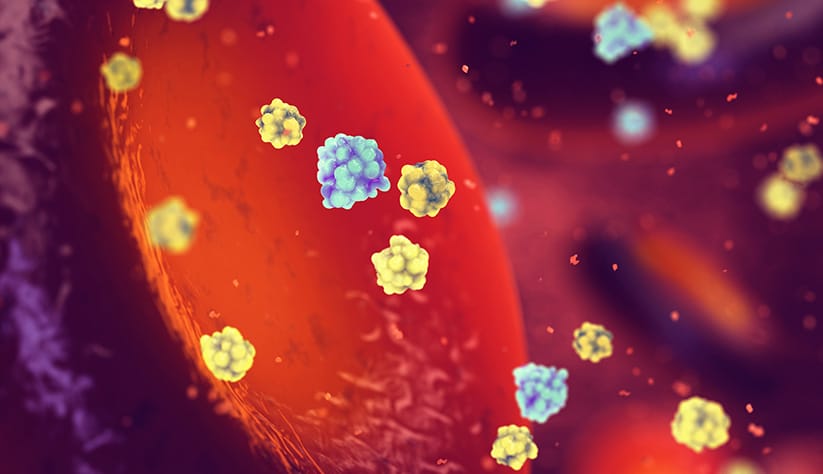
When your body notices that your blood glucose levels are high (which can be damaging to your body if left unchanged for too long), it uses the hormone insulin to signal your cells that they need to take in that excess glucose.
This usually happens every time you eat, but if you have insulin resistance, everything changes.
Insulin resistance is the buildup of excess dietary fat in cells that aren't meant to store fat.
So when cells might usually accept that insulin signal and welcome those blood sugars, instead, they reject it -- trying to prioritize burning that built-up fat.
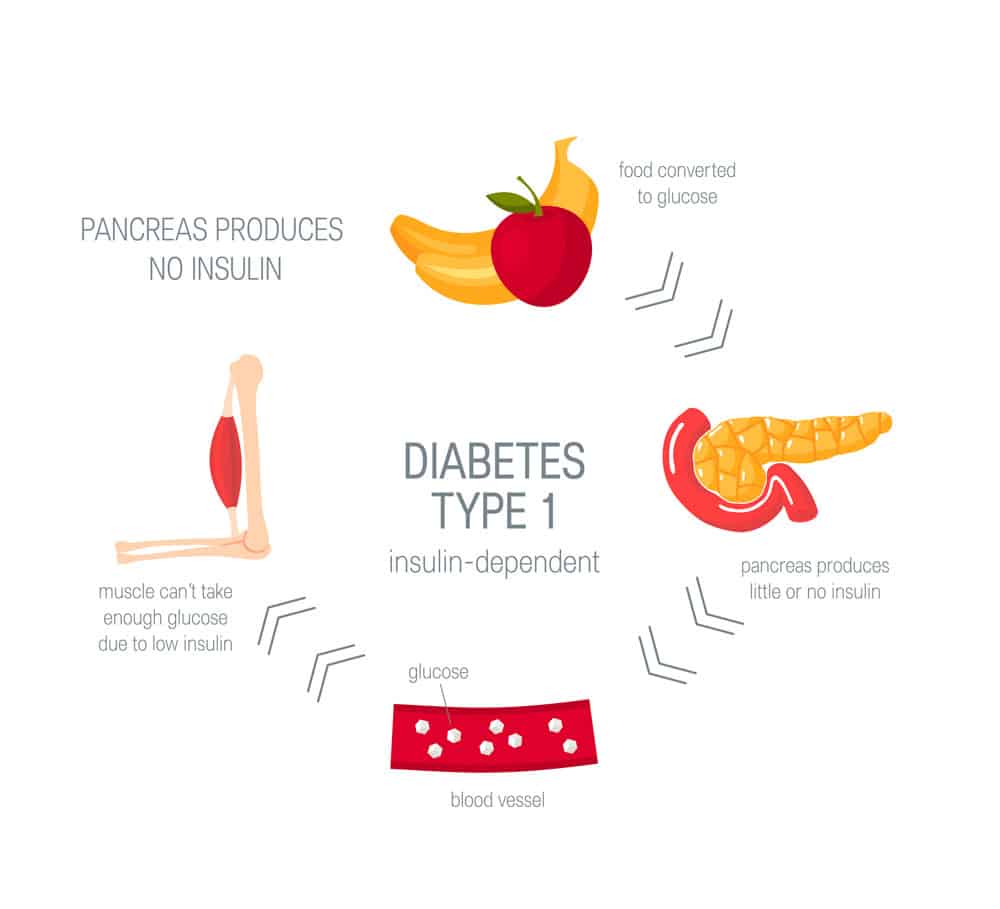
So your body has to send more and more insulin to 'force' your cells to accept that blood glucose because your cells are insulin resistant.
We should really talk about diabetes, rather than as a problem of high blood sugar, as a problem of your body not being able to process blood sugars. And when we think about it that way, it makes sense that Charlotte struggled! She was trying to treat the symptoms, not the cause.
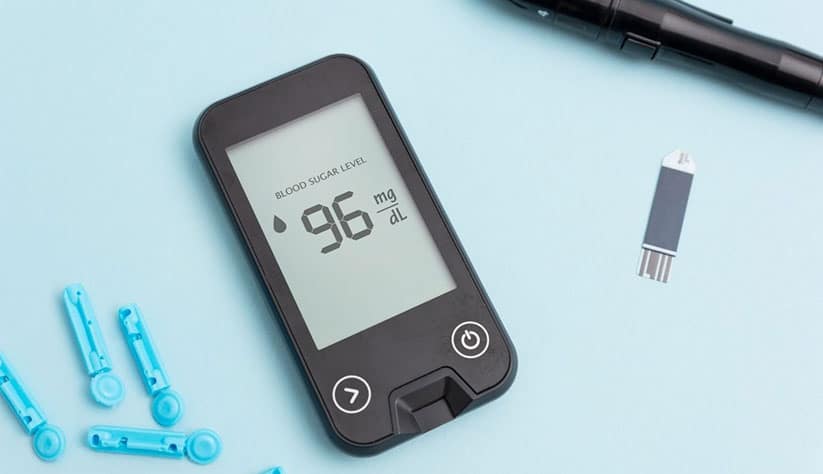
Charlotte's Insulin Resistance
Charlotte followed the recommendations to the T. She ate “healthy fats” and a low-carb diet. But the problem was that she significantly increased her insulin resistance by adding -- you guessed it -- dietary fat.
So even though it didn't happen often, when she did eat any form of carbs -- even healthy ones like bananas -- her blood sugar levels skyrocketed. And she still struggled with all of the other complications of having high levels of insulin resistance.
And as it turned out, the secret to success came in that thing she'd been avoiding the whole time!
Carbohydrates -- A Misunderstood Boogeyman
The research shows that the answer to reversing insulin resistance isn't in a low-carbohydrate diet like the keto diet. In fact, it's the opposite! The way to improve your blood sugar is actually to eat more carbohydrates.
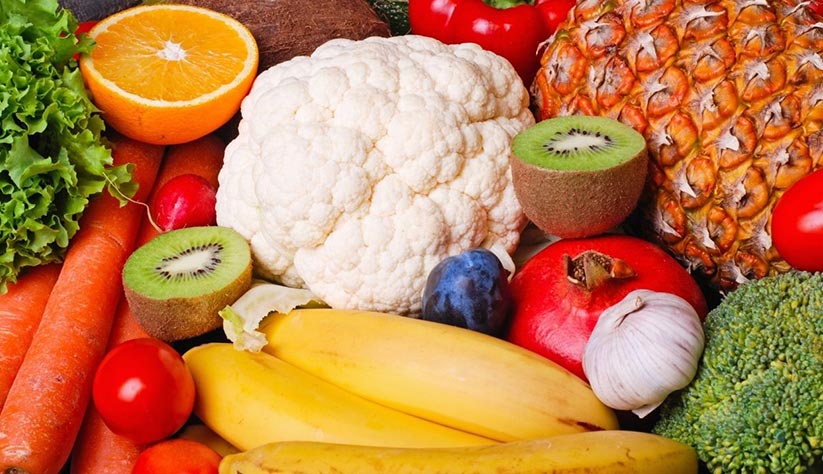
Why A High-Carb Diet Is the Difference
Eating a high-carb diet is actually the key to reducing physiologic insulin resistance, improving your insulin sensitivity, and getting high blood sugar spikes under control.
That's because even though eating carbs can raise blood glucose levels, and this can be a problem at first, over time they allow your body to burn through that excess fat and begin processing carbs correctly.
However, that doesn't mean all carbs.

Good Carbs vs Bad Carbs
Another reason why so many people push a low carb or keto diet is that some carbohydrates are bad for you, and people just write off carbs entirely.
Simple carbohydrates, like those in processed foods, added sugars, artificial syrups, and similar foods, will spike your blood sugar and don't provide any nutritional value to your body. Most of the time, they're converted into fat quickly, which can cause weight gain and actually lead to insulin resistance as well.
However, complex, natural carbohydrates like those found in whole fruits, whole grains and oats, and all vegetables not only provide key nutrients that your body needs, but also are broken down much more slowly, giving your body the chance to process them effectively. These natural, complex carbs from minimally processed carbohydrate foods are what we recommend as part of the diet for getting your blood sugar under control. So do carbohydrates turn into sugar? Yes, but if you're eating the right carbohydrates, that's a good thing.
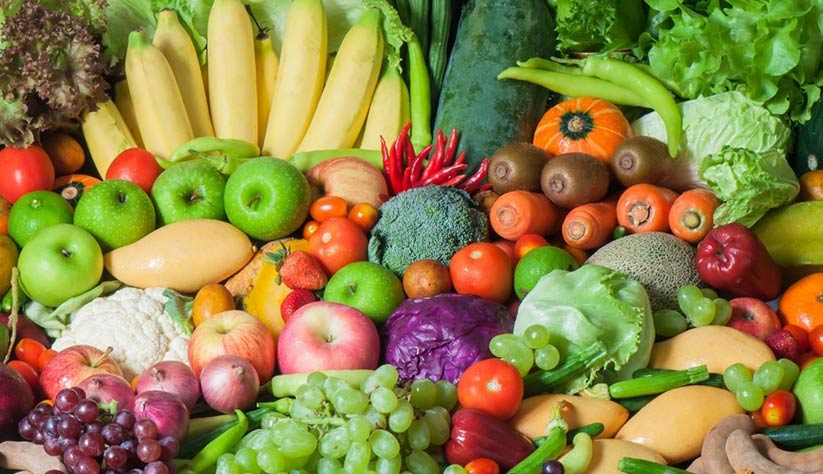
The Proven Method
In a world where people are consistently arguing about which blood sugars are best, whether you should eat a low carb, keto diet or follow up on the next latest fad backed by some partial science, it can be confusing! Should you eat fruit juice or meat or only natural sugars or nothing but soy? Should you go for low glycemic index or high glycemic index foods exclusively? What about the only meat on Tuesdays diet with three days of fasting and a rain dance?
We get it, there's a lot of good stuff out there, but also a lot of nonsense, and that's why we not only have hundreds of studies and thousands of trials to back up our research...
We also have proven results.
Thousands of people have already been able to reduce their fasting blood glucose, become insulin sensitive, and either take control of their diabetes (if they're living with type 1 diabetes) or reverse type 2 diabetes completely.
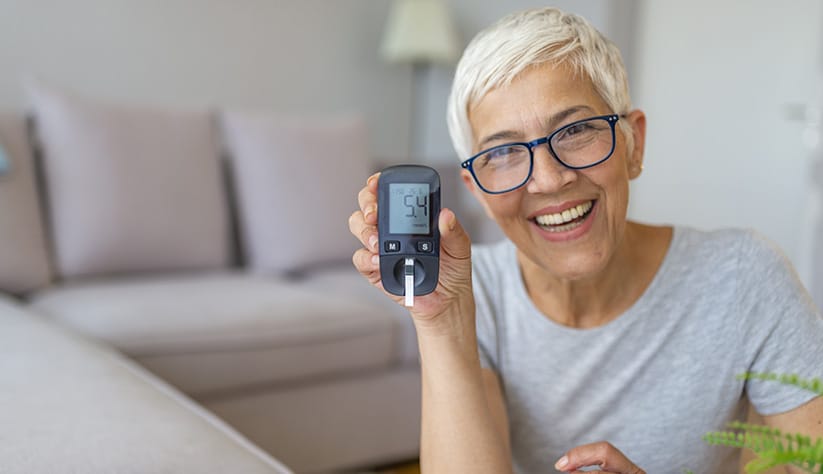
A low-fat, plant-based, whole-food diet that's high in natural carbohydrates may seem complicated at first. But it's the proven answer to reversing diabetes and all its complications.
What About High-Protein Foods and Meats?
We've talked a lot about fats vs carbs, but what about protein, particularly from sources like meat?
Well, we recommend that no more than 10-15% of your calories come from protein. Any more than that, and your body doesn't really have a need for it, which can cause a few problems if you overload.
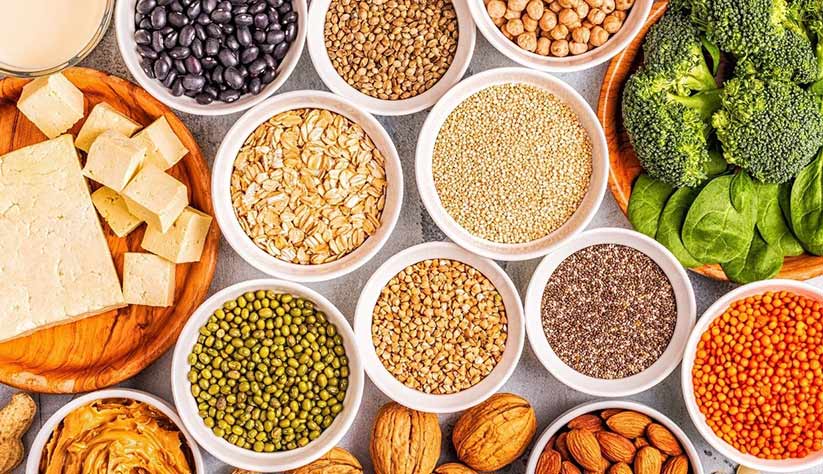
As for meats, unfortunately, the research is relatively clear -- they range from 'likely a bad idea' to 'known carcinogens', so we recommend avoiding meats entirely if you're working to reverse diabetes or become insulin sensitive.
But Keto is So Much More Fun...
This is another problem, and it's one we definitely empathize with! Low-carb diets have taken off because they're high in fats, meats, and other incredibly palatable foods!
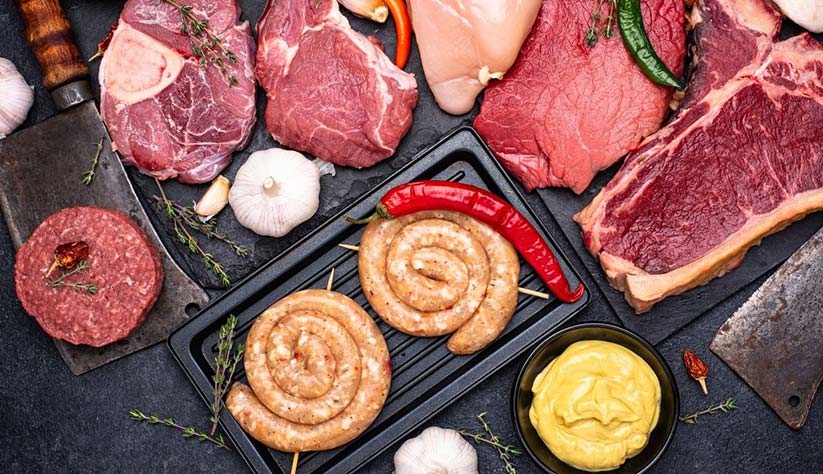
Unfortunately, the data is clear that the long-term risks are not worth it. If you eat a low-carb diet exclusively, you've created a ticking time bomb for your health that can lead to massive problems with your insulin, cardiovascular issues, and all sorts of other complications. Not to mention all of the saturated fat (both monounsaturated fat and polyunsaturated fat) that hangs out in many low-carb foods.
In summary, is keto good for diabetics? No. Neither are low-carb foods for diabetics, the Atkins diet for diabetics, or anything that focuses on a high percentage of fat.
Making Plant-Based Living a Joy
And that's why we've put so much effort into the Mastering Diabetes method and meal plans. Not only do we have the research and the materials to guide you as you make the changes that can transform your life, but we also have the support to make it easy and fun! (Do you like the idea of a sweet potato skin stuffed with chili? Because we like the idea of sweet potato skins stuffed with chili.)
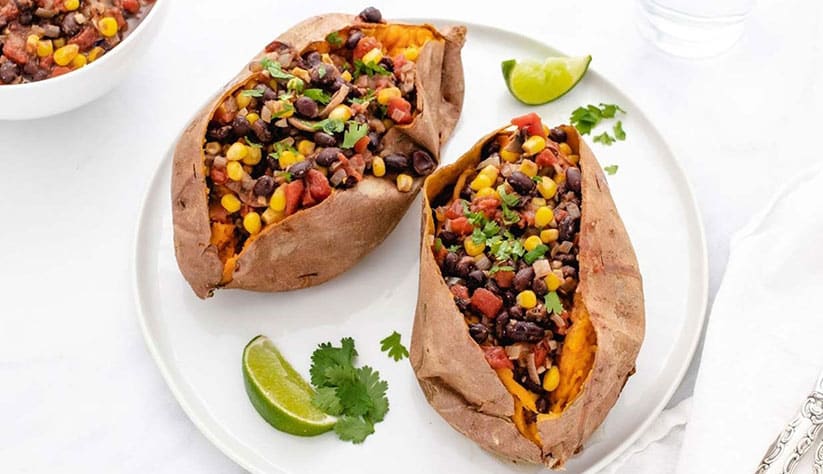
You can explore our recipes for green light foods, get to know the community for support, take a DIY approach with online courses, or get private coaching to help guide you and support you as you take control of your life back from diabetes.
Lower Your A1c and Get to Your Ideal Body Weight ... Guaranteed
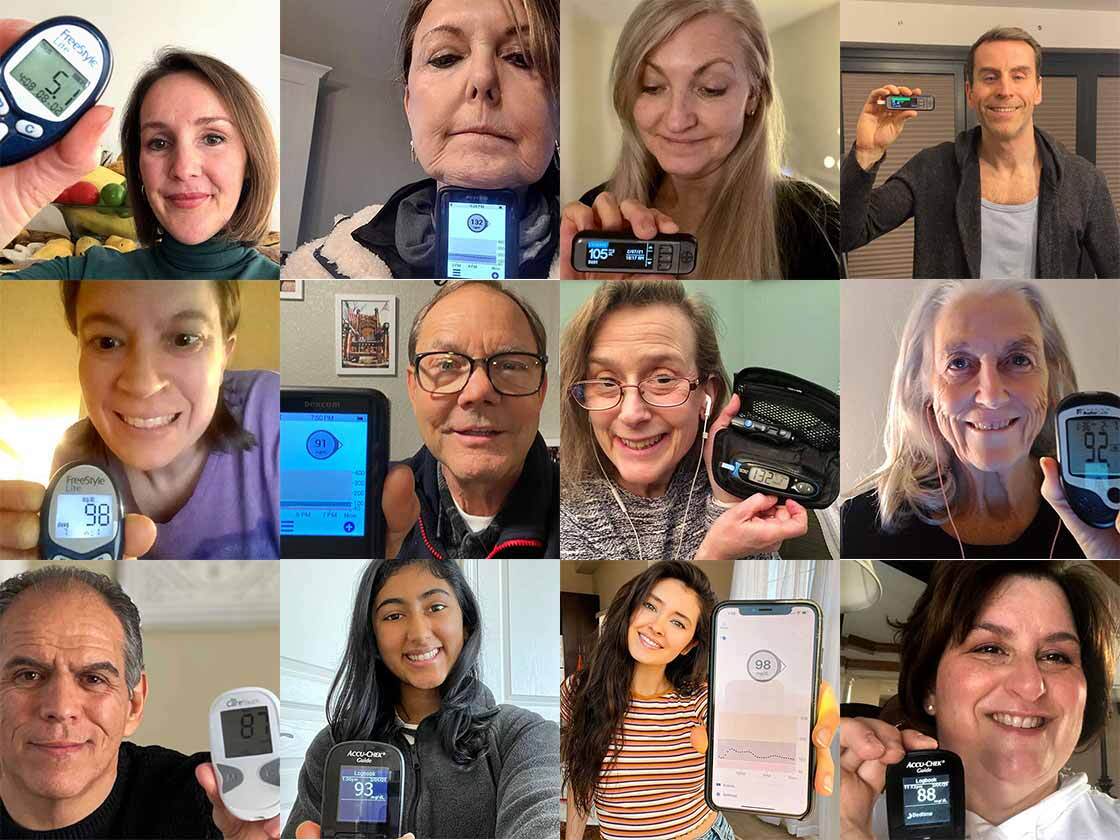
Your results are guaranteed. Join more than 10,000 ecstatic members today
Personalized coaching puts you in immediate control of your diabetes health, helps you gain energy, improves your quality of life, and reduces or eliminates your meds.


